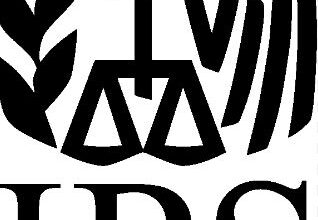
The Supreme Court recently dismissed a high-profile case that had significant implications for lawsuits over disability access in hotels. This case, which involved a Maine hotel, was closely watched as it had the potential to make it more challenging for people with disabilities to ascertain in advance whether hotel accommodations met their needs. The dismissal of this case by the Supreme Court on December 5, 2023, left the issue unresolved at a national level, maintaining the status quo regarding the ability of individuals to sue for discrimination under the Americans with Disabilities Act (ADA).
The case centered on Deborah Laufer, a visually impaired and wheelchair-using plaintiff who identifies as a “tester” of hotel compliance with the ADA. Laufer had sued a hotel in Maine for failing to disclose accessibility information on its website. The dispute was whether Laufer, who had no plans to visit the hotel, had legal standing to sue. This aspect of the case was pivotal, as it raised questions about the requirements for standing in such lawsuits and the broader implications for businesses and individuals with disabilities.
During the Supreme Court hearings, the justices debated the nuances of legal standing and discrimination. Some justices, including liberal Justice Elena Kagan and conservative Justice Brett Kavanaugh, expressed skepticism about whether Laufer had personally experienced discrimination. The debate also touched on historical parallels with the Civil Rights movement, with Justice Ketanji Brown Jackson highlighting the differences between direct experiences of discrimination and observing it from a distance.
Notably, the case had broader implications. Laufer, who has filed over 600 similar lawsuits, was challenging a 2010 Justice Department regulation that requires hotel reservation systems to include accessibility information. Business groups like the U.S. Chamber of Commerce have argued that such “tester” lawsuits are leading to a surge in litigation against small businesses. The Supreme Court’s decision to dismiss the case without ruling on its substance leaves these legal questions unanswered, with different federal courts across the country having varied stances on the issue.
In conclusion, the Supreme Court’s dismissal of this case leaves a significant area of ADA litigation in a state of uncertainty. While the decision averts a potential limitation on disability access lawsuits, it also fails to provide a definitive legal stance on the rights of “testers” like Laufer and the obligations of businesses under the ADA. This unresolved legal landscape continues to pose challenges for individuals with disabilities seeking to enforce their rights, as well as for businesses striving to comply with ADA regulations.





